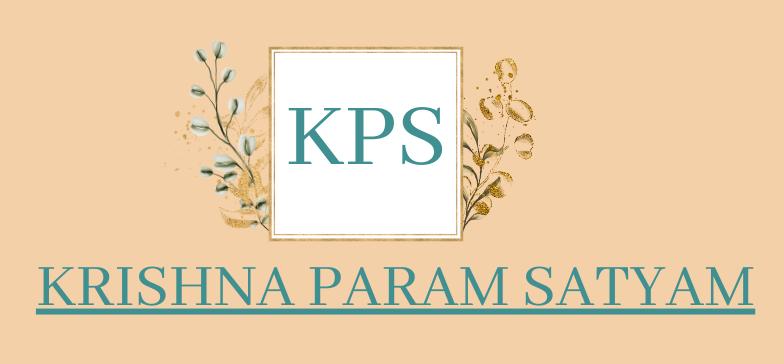Cow and animal protection have always been an integral part of Indian culture and tradition. In Hinduism, cows are considered sacred animals, and their protection is seen as a moral and religious duty. The cow is considered to be a symbol of wealth, strength, and abundance, and is revered as a motherly figure that provides nourishment and sustenance.
Despite its importance in Indian culture, the treatment of cows and other animals has been a contentious issue in recent times. The rise of industrial agriculture and factory farming has led to the mistreatment and exploitation of animals on a massive scale. In this context, it is important to understand the significance of cow and animal protection, and why it is relevant in modern times.
The practice of cow protection has a long history in India, dating back to ancient times. Cows were traditionally used for agriculture, transportation, and dairy products, and were considered to be a valuable resource. The Vedas, the ancient Hindu scriptures, contain numerous references to the importance of cow protection, and describe the cow as a symbol of abundance and prosperity.
In modern times, cow protection has taken on a new significance, as the rise of factory farming and industrial agriculture has led to the mistreatment and exploitation of animals. Cows and other animals are often subjected to cruel and inhumane conditions, including confinement in small spaces, overuse of antibiotics, and other forms of abuse. The consumption of meat and dairy products has also been linked to a range of health problems, including heart disease, cancer, and obesity.
To address these issues, many organizations and individuals have been advocating for animal rights and protection. They promote the idea that all animals, including cows, have a right to humane treatment and protection from harm. This includes providing them with adequate space, food, water, and medical care, as well as treating them with respect and kindness.
In addition to the moral and ethical reasons for cow and animal protection, there are also environmental reasons. The meat and dairy industry is one of the largest contributors to greenhouse gas emissions, deforestation, and water pollution. By reducing our consumption of meat and dairy products, we can help to mitigate these environmental impacts and promote sustainable agriculture practices.
In conclusion, cow and animal protection is an important issue that is relevant in modern times. By promoting humane treatment of animals, we can uphold the values of compassion, respect, and sustainability. Whether it is through reducing our consumption of meat and dairy products, supporting animal rights organizations, or advocating for better farming practices, we all have a role to play in protecting the animals that share our planet.
